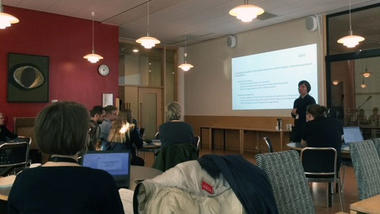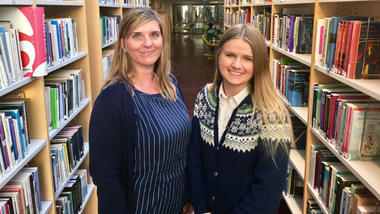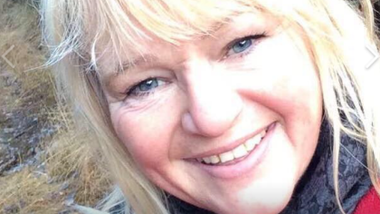
Marginalisation and Co-created Education
Marginalisation and Co-created Education (MaCE) is a project where researchers and students work together to explore and learn more about research, young people and education. The project was created in 2017 as a response to youth unemployment rates within the EU area, and concerns regarding young people who are «Not in Education, Employment or Training» (NEET).
![]()
During the project period both Bachelor and Master students has joined the project as co-researchers. The project prioritised students with prior experience of Early School Leaving (ESL), disadvantage, marginalisation or had periods Not in Education, Employment or Training. The students’ experience and first-hand knowledge has been a key element for understanding, to address re-engagement and improve higher education institute (HEI) retention rates. The students who joined the project as co-researchers has been equipped with advanced skills in communication and research that are particularly valuable for knowledge-intensive jobs.
The project aimed to investigate factors creating a favourable environment for the success of all students, and has done so through workshops, discussions, reading existing literature and listen to young people’s stories etc. The project promotes ‘Rethinking Education’ by prioritizing the social aspects of higher education and ensuring that support to succeed in further education is provided to all students, regardless of social and economic background.
MaCE is a collaboration between University of Cumbria (UK), VIA University College (DK) and the University of South-Eastern Norway (NO). The learning process developed across nations influenced students and faculty’s understanding of school and HEI culture and Early School Leaving.
When embarking on this project we wanted to
- gain knowledge about ESL/NEET students based on their own description
- develop and disseminate a model or method for education and welfare services to support young people grounded in their own experiences.
- develop an innovative training program for higher educational institutions that will ensure that students are equipped to support young people in practice.
- disseminate the findings to public institutions and youth institutions to better equip them to meet the needs of these groups.
- improve the ability of higher educational institutions to support students to achieve their academic goals and gain the job they desire.
- train higher education students for research through being co-researchers on Bachelor and Master programmes.
- support innovation and creativity through partnerships and inter- and transdisciplinary approaches and strengthening the role of higher education regionally.


